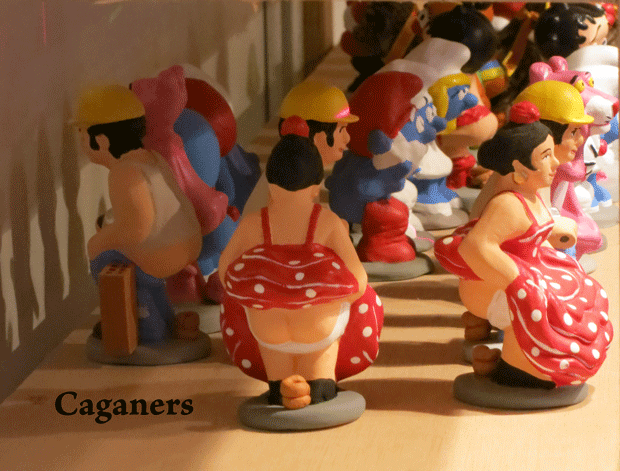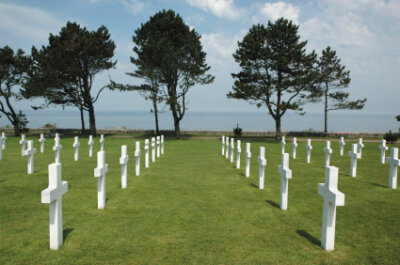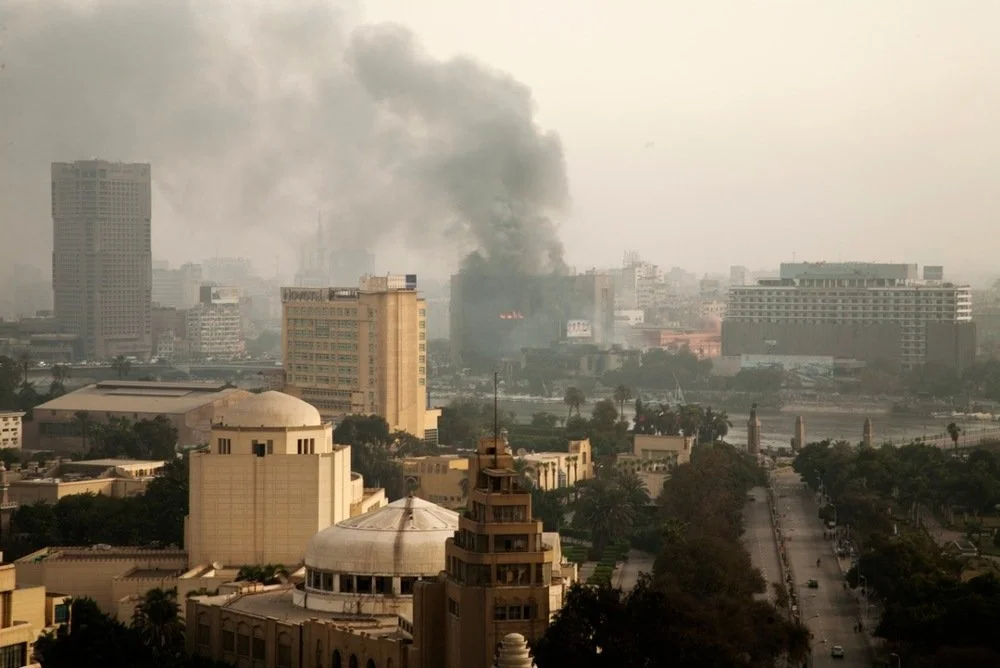A Partner Post by PerpetualExplorer.com contributor, Anitha Aravind.
In Chennai, where I live, there may not be a park or shop for every street in the city, but there definitely will be a temple for Lord Ganesha, the elephant-faced God. Under a tree, outside big houses, in apartment complexes or even right in the middle of the road, these temples are small but revered. Most people begin their day or any venture with a visit to their neighborhood Ganesha temple for a glimpse of their lucky mascot.
 Ganesh Chathurthi in Chennai. Photo by Elizabeth Shilpa Abraham via Flickr CCL
Ganesh Chathurthi in Chennai. Photo by Elizabeth Shilpa Abraham via Flickr CCL
When it’s time to celebrate the birthday of this charming God, usually in the last week of August or the first couple of weeks in September, the entire country bursts into festivities. This festival, called Ganesh Chathurthi or Vinayaka Chathurthi, is a community affair celebrated throughout India, but nowhere is it as grand as it is in Maharashtra, specifically in Mumbai. For thousands of people in Mumbai, this festival is a main source of income.
The Story Behind Ganesh Chathurthi
There are plenty of myths associated with Ganesha, but the most interesting one is the story of his birth and how he got his elephant head. It is said that Goddess Parvathi lovingly carved out a boy out of turmeric paste that she had applied on her body. She instructed the boy to stand guard outside while she took a bath. When her husband Lord Shiva came to meet her, this boy refused to let him in. Known for his temper, Shiva ordered his force to attack the boy, but they failed in their attempt. Then Shiva himself attacked and beheaded this boy.


















